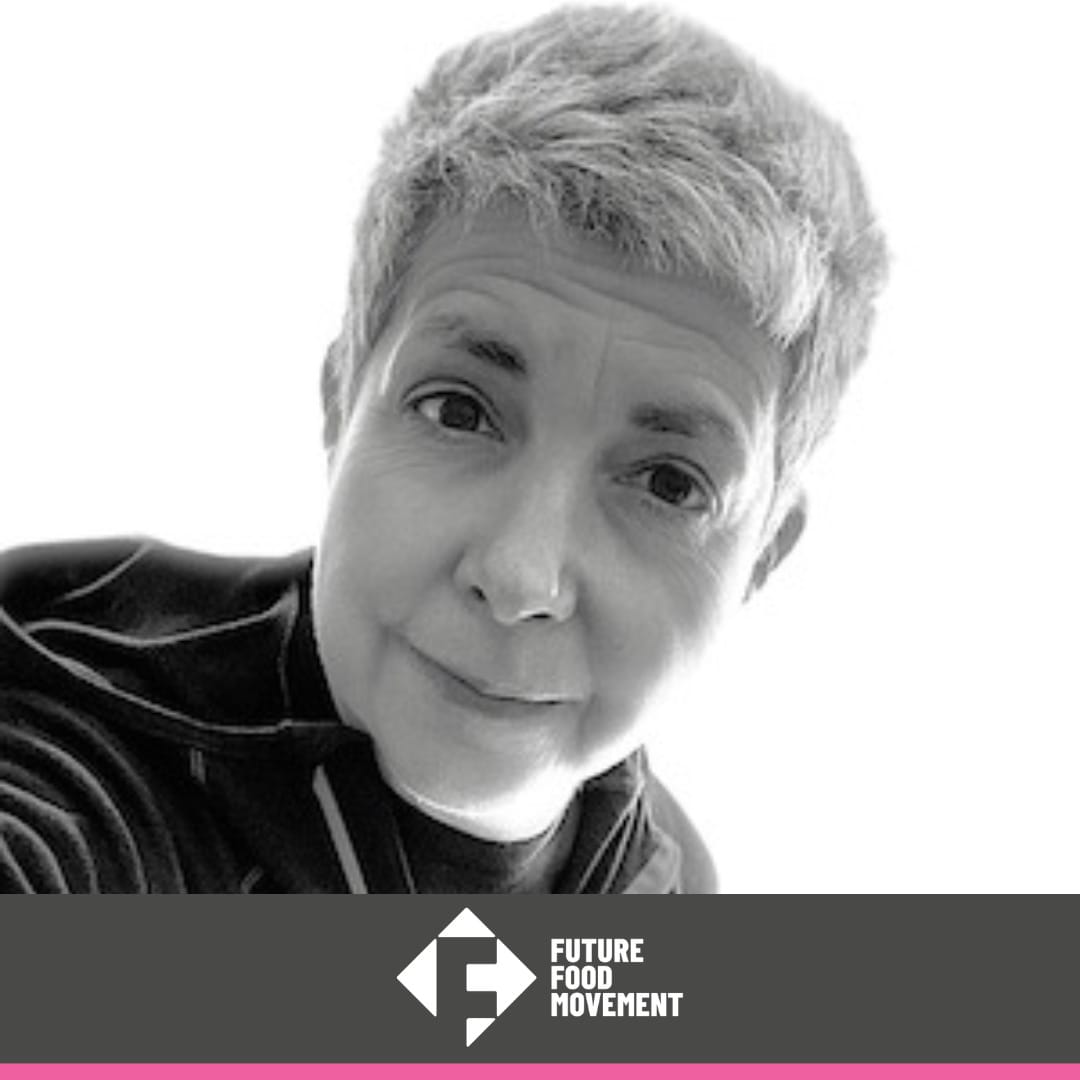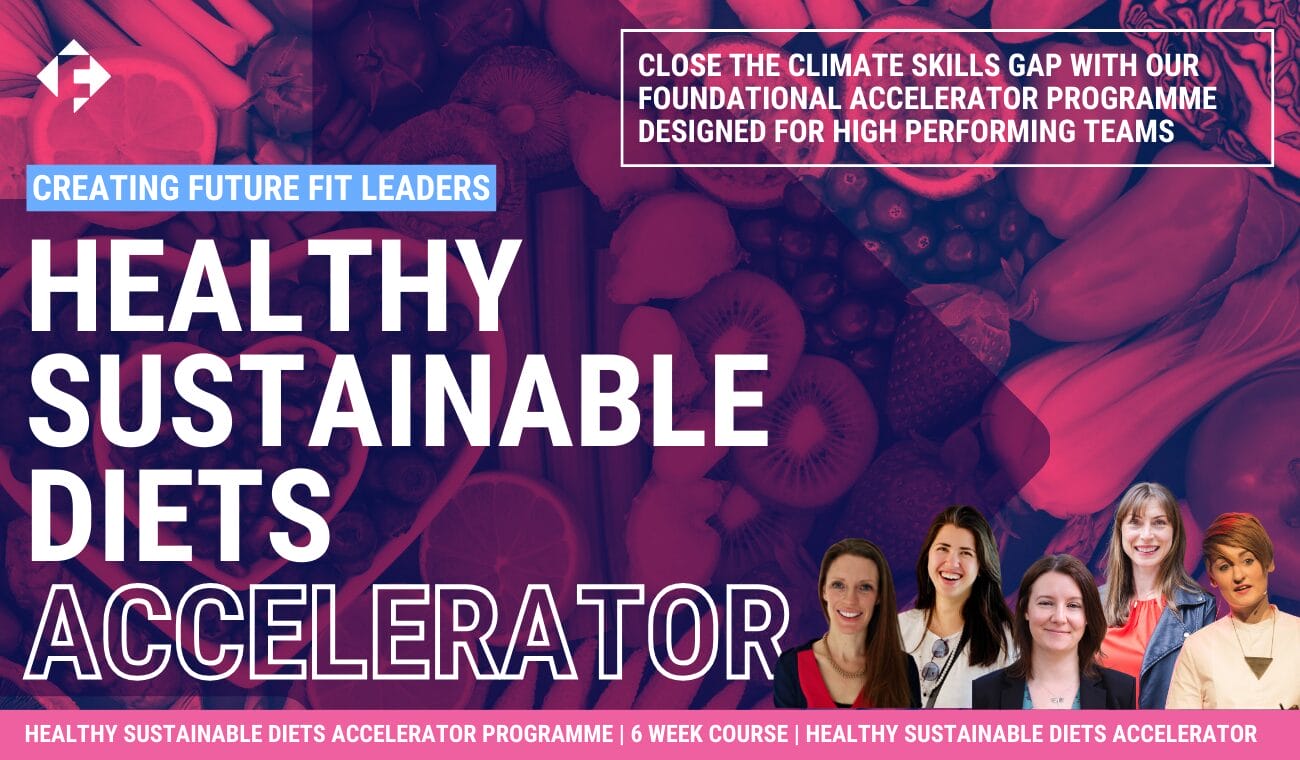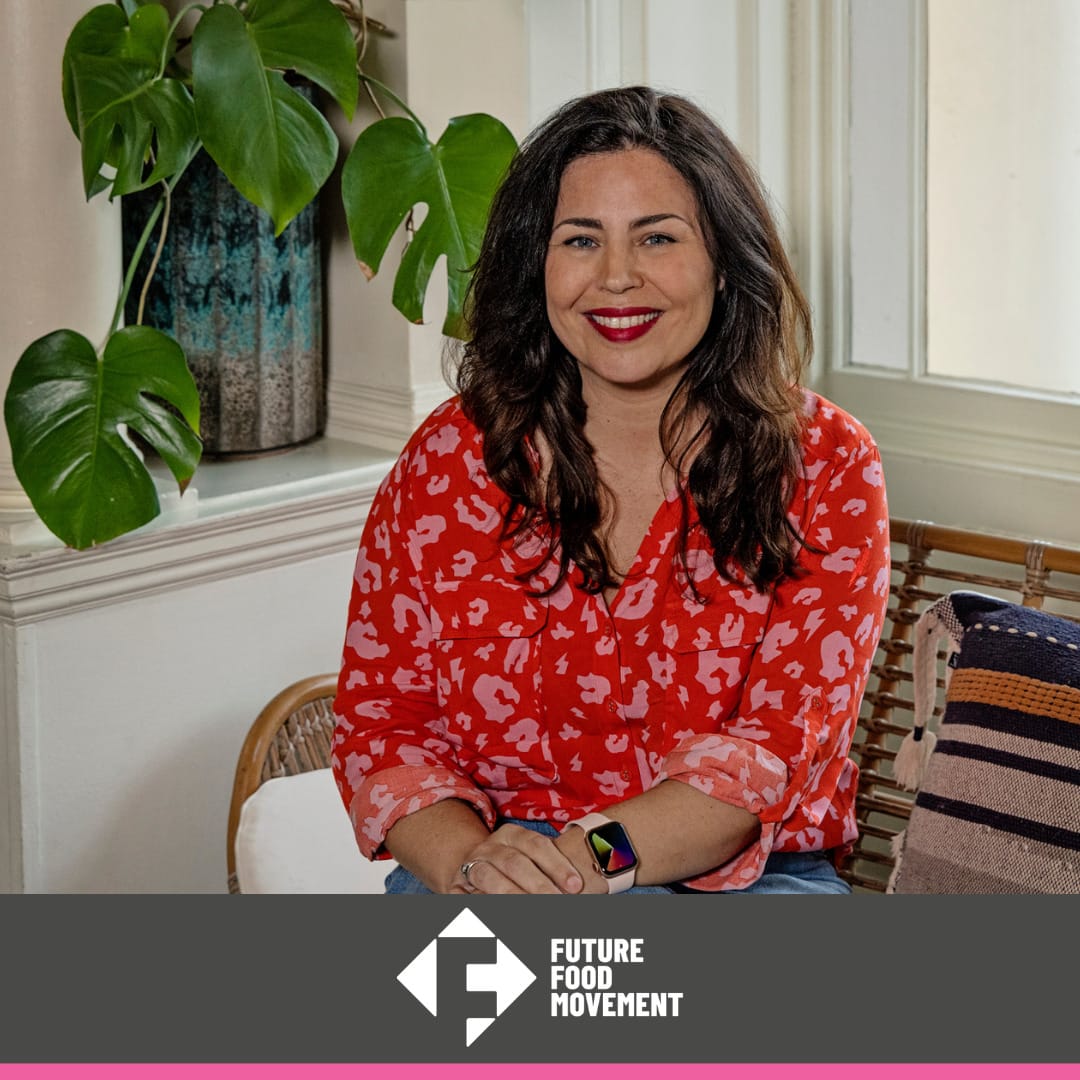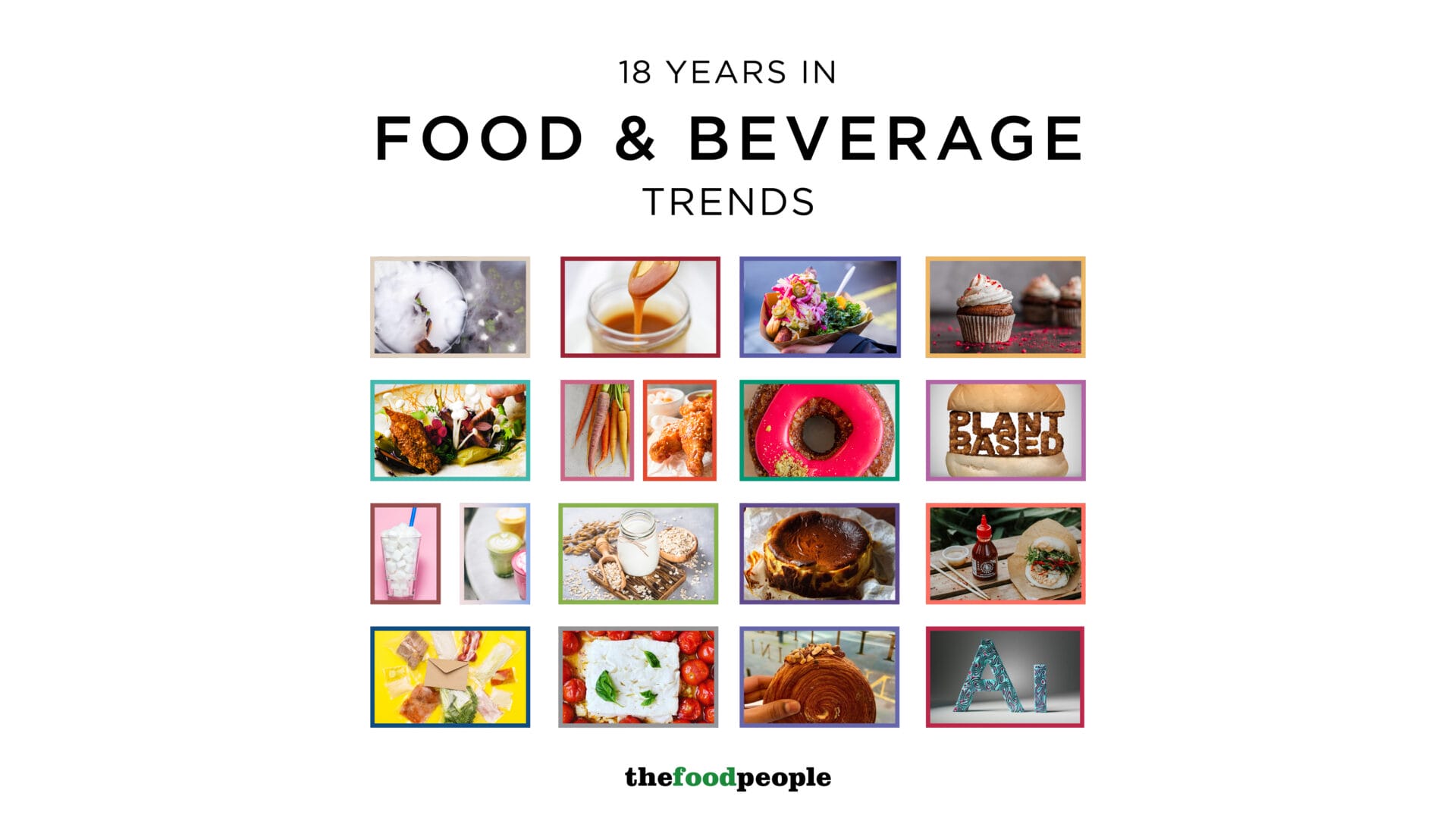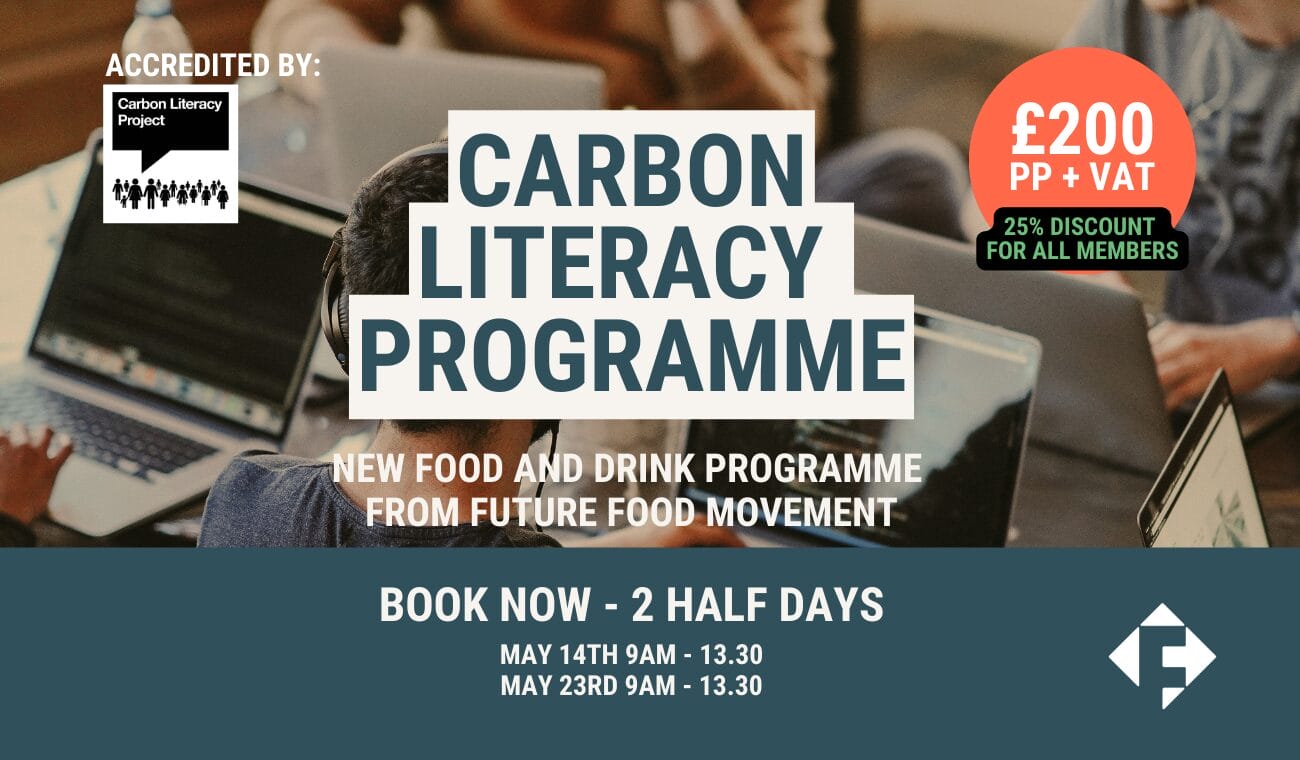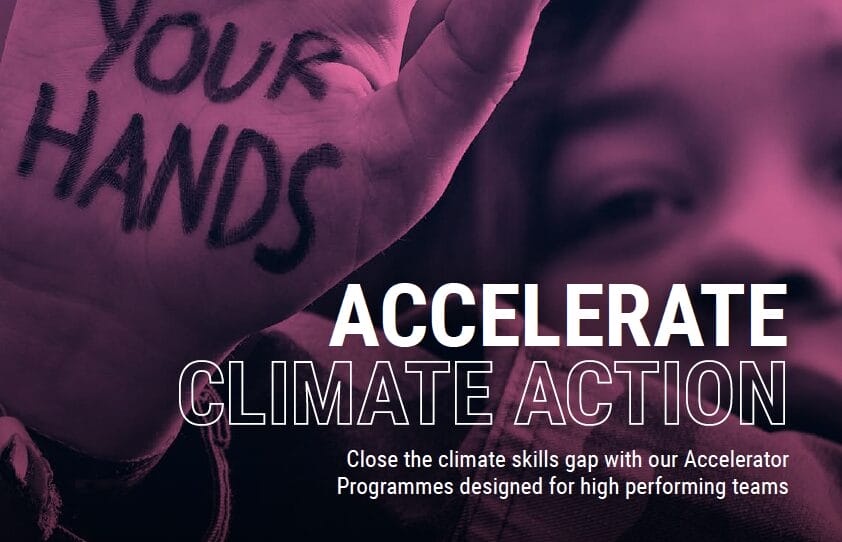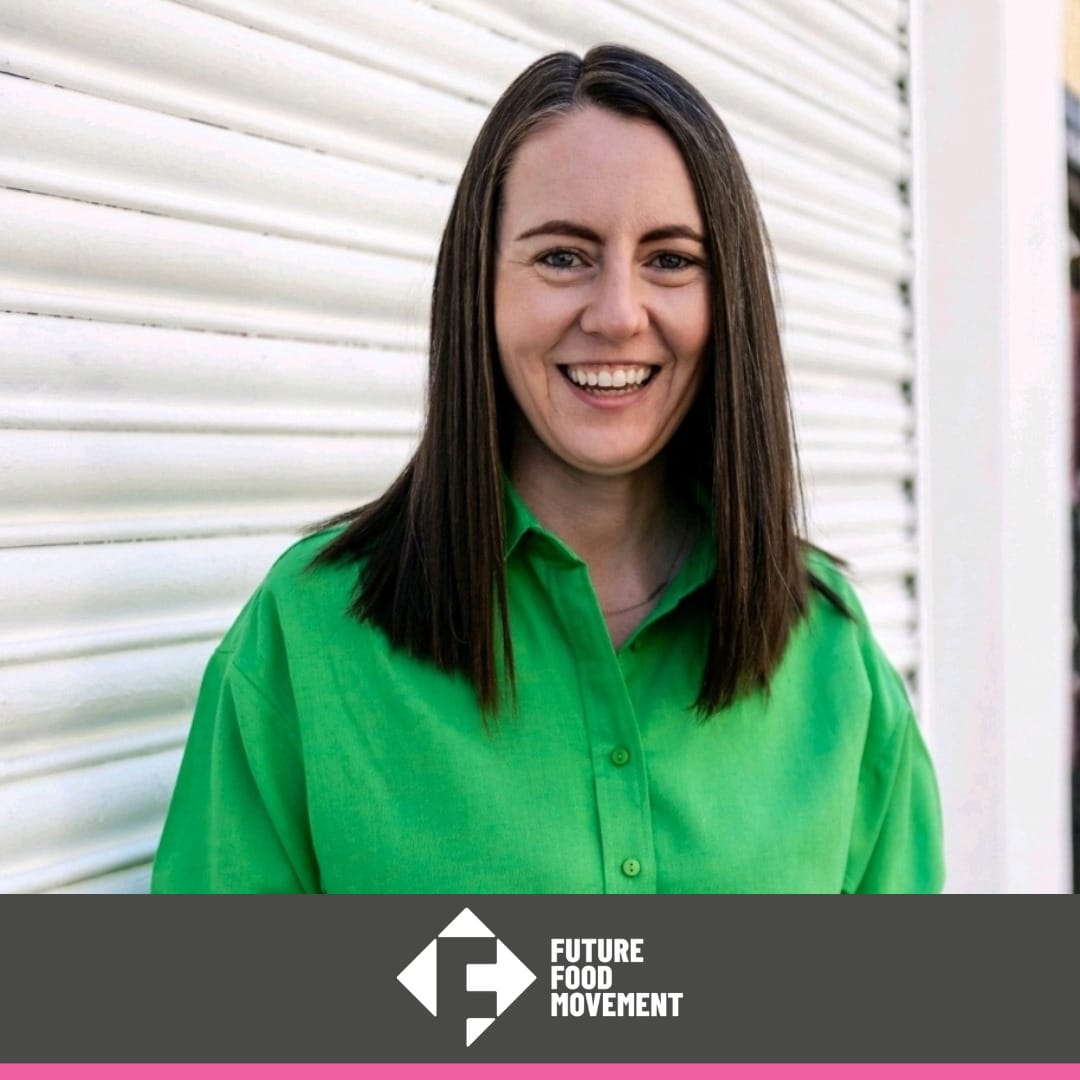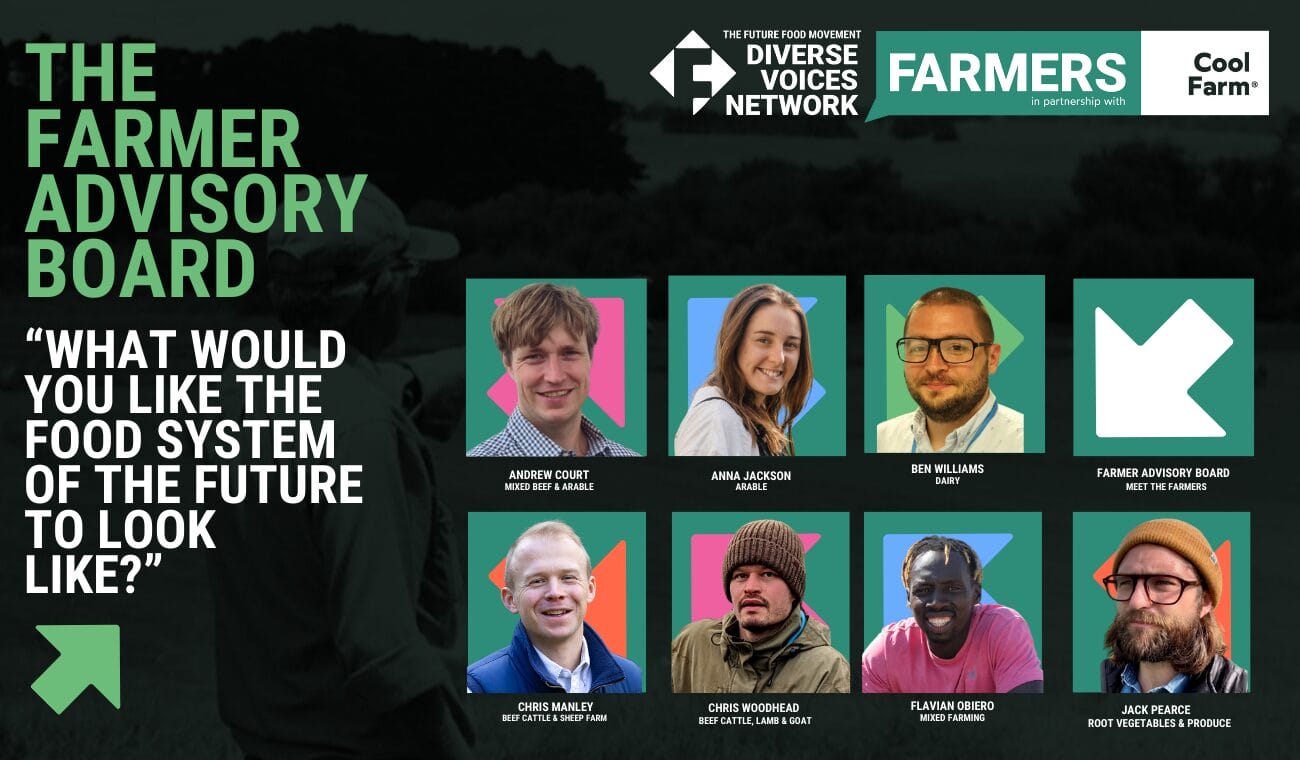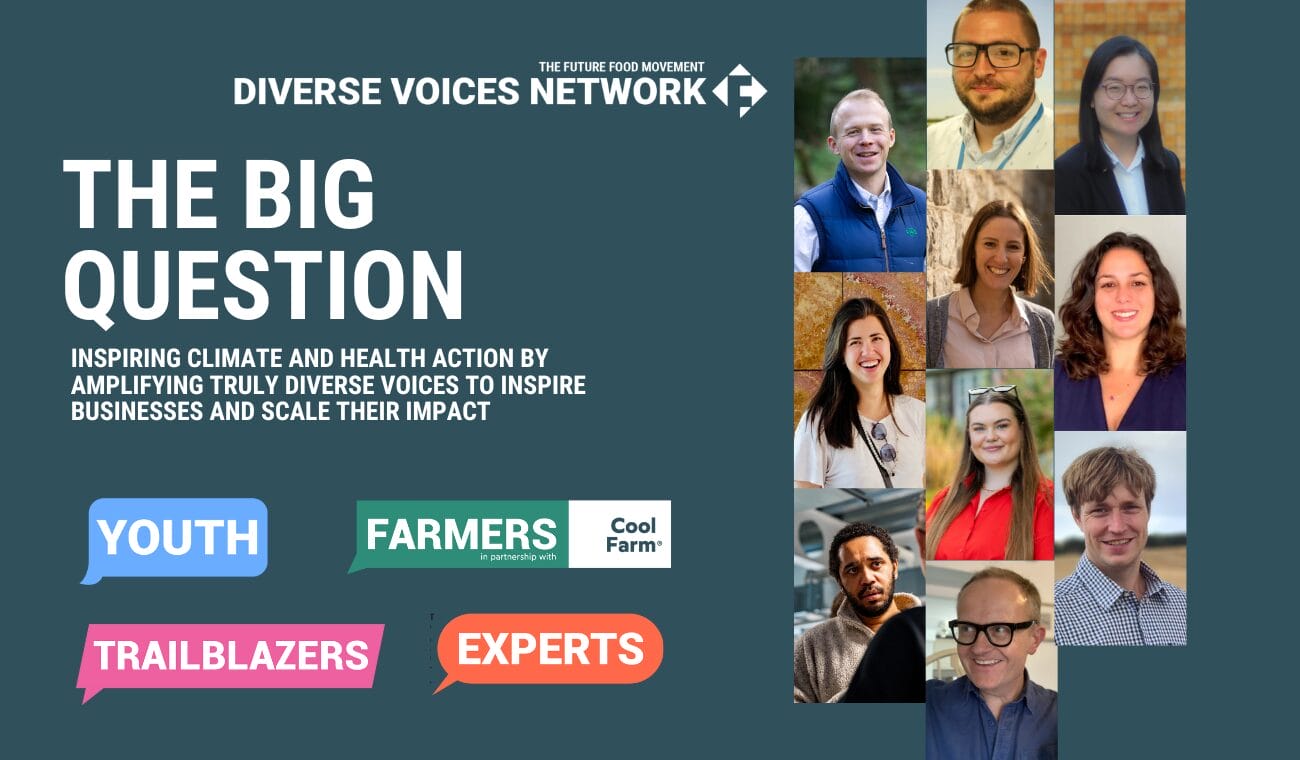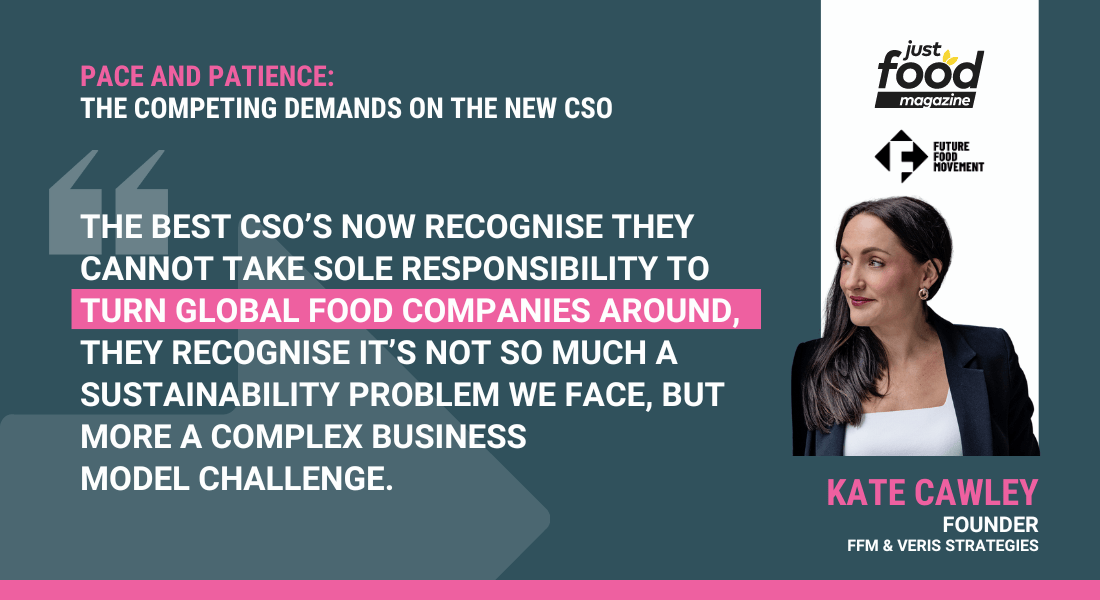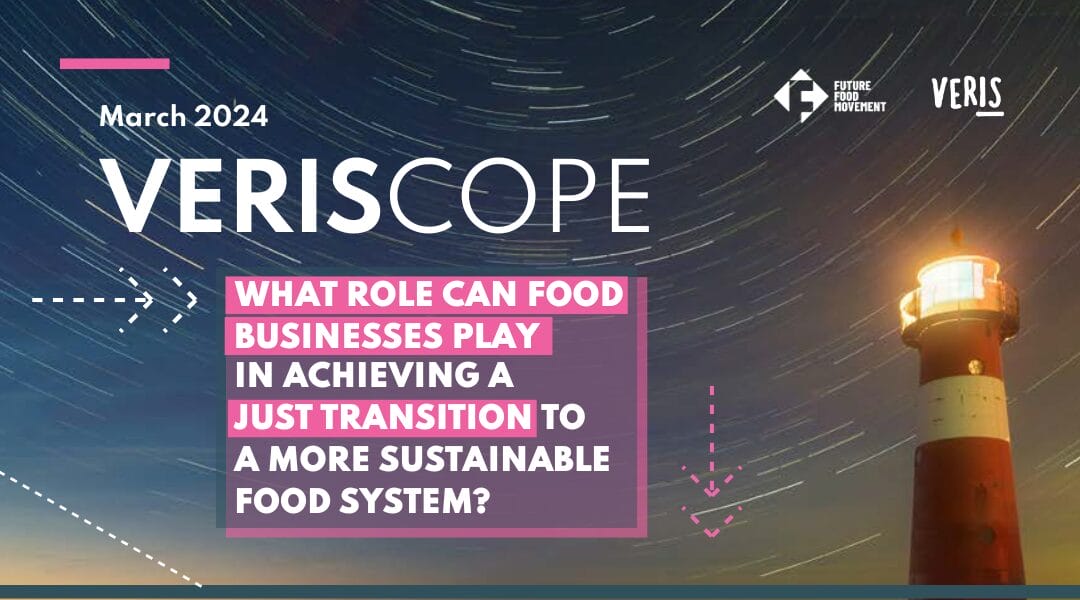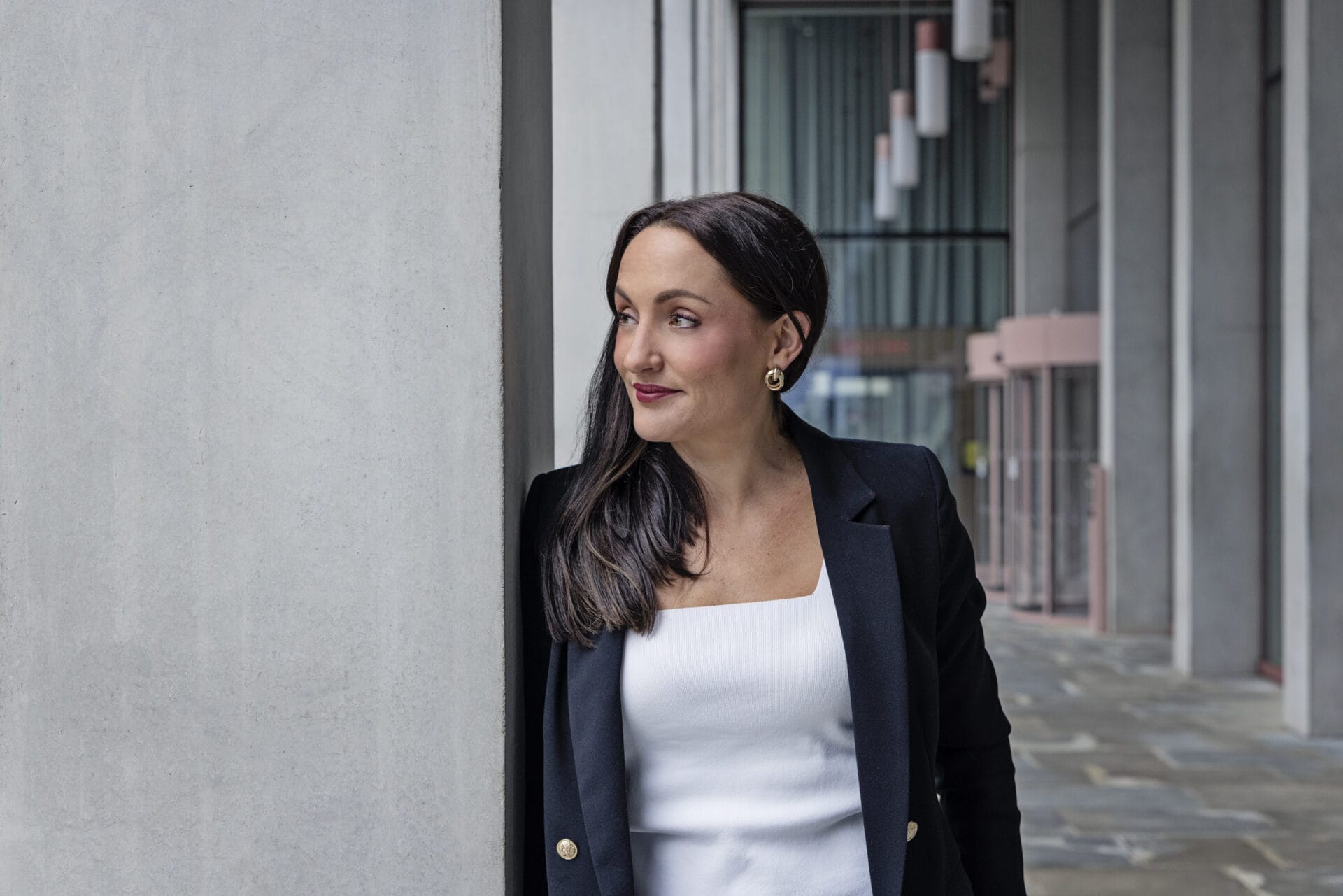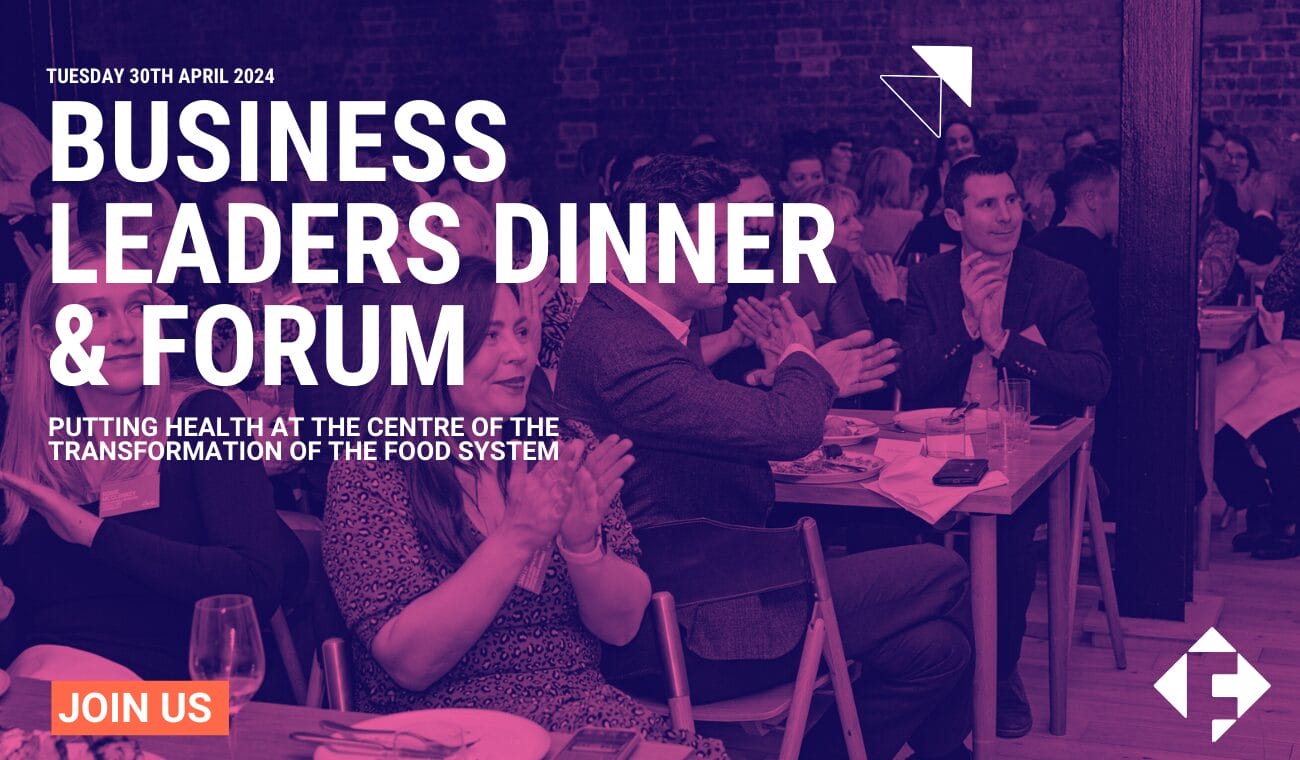Any food company serious about meeting UN climate goals must get to grips with its Scope 3 emissions. These indirect emissions often account for the lion’s share of a food producer’s carbon footprint, but as they occur throughout the value chain they can be hard to identify yet alone calculate in a meaningful way.
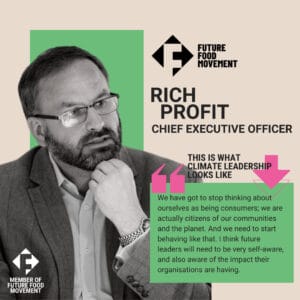
Richard Profit, who heads up the not-for-profit Cool Farm Alliance (CFA), has an acute understanding of the challenges food companies face in measuring these impacts, especially when their supply chains run deep and global. Having worked at Pepsico for 16 years helping to spearhead its sustainability strategy, Richard has a wealth of knowledge and experience in carbon accounting and lifecycle assessment.
His expertise has been invaluable in helping to shape and evolve the CFA’s Cool Farm Tool, from what was purely a carbon calculator for agriculture to a broader on-farm impact measurement solution. The tool not only allows for Scope 3 emissions monitoring and reporting, but also assessment on water use efficiency, food loss and waste, and biodiversity.
The data gleaned helps CFA members (food companies) better quantify these impacts within their supply chains so they can develop robust reduction strategies while giving the growers and farmers who supply them the ability to plug into their agricultural practices and get immediate results and feedback on the impact of different farming management options using ‘what-if’ scenarios.
“It acts as a decision support tool for farmers to run scenario analysis – to start looking at, “Well if I start playing with some of these practices and changing what I do, how would this reduce my impact?’,” explains Richard.
Encouraging these cycles of continuous improvement through ground-level data sharing means any agricultural investment programmes can be better targeted. For example, some CFA members undertake regional training and education programmes or establish demonstration farms to help understand what approaches best suit given the local context.
“What’s right for any particular geography depends on the climate, the soil type and what crops, natural plant systems or animal systems are there. What works in one valley will be different to what works in the valley over in the next water basin,” says Richard.
“What we see, when members are proactive and engaging with farmers, is that there is a much bigger uptake and adoption of climate-smart practices for that particular regional agricultural programme that they might be working on – it tends to be more successful.”
He adds that one of the biggest benefits to come out of this work is collaboration. “A lot can be done if companies come together. It’s fantastic to see the chats, the engagement and the networking that takes place through the community of the CFA. It happens naturally, you bring people together with a common objective and it doesn’t need too much facilitation because I think people for the most part genuinely want to do good in the world.”
Beyond his corporate experience, Richard has travelled extensively, participating in wilderness expeditions that have taken him to some of the most remote parts of the world including the North Pole. It’s clear these adventures have brought the climate crisis closer to home for him than most. He feels that getting out of this mess will require honesty and fairness, particularly when it comes to fixing what’s wrong with our food system.
“To my mind, food provision needs to be pre-competitive, we shouldn’t be commoditising food the way it has been done over the past 50 years. Ultimately food is the bedrock of all of our communities around the world, and companies shouldn’t be making insane profits and exploiting people in order to do that.”
The developing carbon markets for farmers is one area where he feels more disclosure would be greatly beneficial. “There’s companies out there quantifying and contracting with farmers for carbon credits, not necessarily with full transparency on how they do that calculation,” Richard says.
“This gold rush towards trying to quantify and make money out of sequestration of farming for me is a big concern. It is important for the future and for further empowering farmers to do good with their land. But there is a risk of farmers being taken advantage of. Some of them are the most vulnerable people on the planet and shouldn’t be exploited through carbon markets, they should be genuinely supported.”
If farmers are increasingly taken advantage of, then it might be fair to expect some form of disruption. Richard points to “highly valid, emerging trends” that could force food companies, particularly the big multinationals, to rethink how they do business – for example farms that now sell direct to consumers thereby bypassing traditional commodity markets.
“If we continue to see the growth in the independent smaller organisations that are creating regional food hubs and supplying the local markets themselves, and bypassing all the existing food supply chains that have developed over the past 50 years, then that’s a very interesting situation,” he observes.
That, combined with other factors, such as declining crop yields which could put pressure on food availability for population centres, such as those in India and other parts of the world, may open up opportunities for multinationals to evolve into nutrition providers, Richard says.
“As we see the impacts of climate change, I think there’s going to be a growing need for an international response to support communities around the world. So it’s no longer about selling product X or product Y in volume, it’s about providing nutrition to effectively starving populations. The multinationals are probably best placed to do that – they can process and package food at volume, and they can ship it.”
Richard also believes regulation may tighten in the future, for example more government intervention in areas where there is a greater risk of water drought, which could affect a food company’s license to operate.
“If I was a corporate CEO, I would really be thinking about stranded assets right now. Where are your manufacturing plants? Are they in the right areas? Are they at risk? And where are you sourcing from? I know many of the corporates are looking at their sourcing locations and hedging their bets in terms of where they’re going to source future commodities from,” he says.
It’s clear that food companies will need to equip themselves with a deeper level of climate understanding to better navigate such uncertainty. Richard says the learnings that have come out of the Cool Farm Tool have underlined this, but he also believes that softer skills will be critical going forward.
“It’s things like understanding, empathy, self awareness – what makes you tick at the human level in terms of your purpose in the world, and what difference are you going to make? We have got to stop thinking about ourselves as being consumers; we are actually citizens of our communities and the planet. And we need to start behaving like that. I think future leaders will need to be very self-aware, and also aware of the impact their organisations are having.”
Asked what his own personal hope is when it comes to the future of food, Richard says he’d love to see a return to more traditional values. “Getting back to local, seasonal food that brings a sense of excitement when the new crop comes in. And getting back to real flavour, nutrition and cooking. Knowing the farmer, where it’s come from – that would just be fantastic.”
QUICK-FIRE ROUND
What three words best describe you?
Morose, playful and anxious. I’m in a state of anxiousness about the world.
What’s your favourite meal?
It’s less about the dish. Just a home cooked meal for a group of friends sitting around the table, drinking wine, lots of chat, banter and having good time
What do you love most about your job?
The vitality, energy, passion and commitment from the team I work with. They are an amazing group of people.
What’s your guilty pleasure when trying to be sustainable?
Maybe eating meat. Also, I haven’t got one, but I would love an old Series 2 or Series 3 Land Rover.
Who or what inspires you to keep fighting the good fight?
Wherever I see injustice or inappropriate power dynamics, it really gets my goat and it’s that which keeps the fire burning for me.
